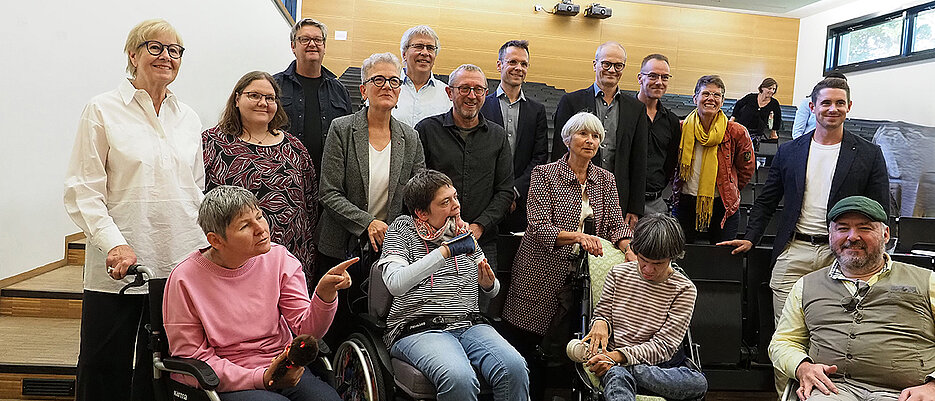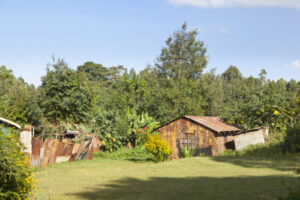
A unique initiative launched in Klingenberg, Bavaria, is changing the living conditions for women with complex disabilities. Since 2021, four women have been living together in a shared accommodation, supported by a model project designed to enhance their quality of life and community engagement. This pilot program, which is scientifically monitored, stands out in Germany as a rare alternative to traditional living arrangements.
The initiative allows these women, who typically would reside with family or in residential care homes, to experience a form of outpatient supported living. They receive assistance from a network comprising family, friends, and trained staff who are present during weekends and overnight. Additionally, the women participate in day support centres from Monday to Friday, fostering a structured yet flexible living environment.
Researchers from the IWoK Project, which stands for Inclusive Living with Complex Disabilities, have been examining the impact of this living arrangement. The project, commissioned by the Bavarian State Ministry of Health, Care and Prevention, is led by Professors Christoph Ratz from the University of Würzburg and Peter Groß from the Evangelische Hochschule Darmstadt – University of Applied Sciences. Their findings were shared at an informational event in Würzburg on September 18, 2025.
According to Ratz, the data collected indicates that the subjective well-being of the women living in the shared flat is notably high. Initial social connections with local clubs and neighbours suggest that social participation is achievable. Since moving in, the women have not faced significant setbacks; in fact, they have shown positive development. Still, the researchers stress that their dependence on daily assistance results in a degree of heteronomy, which poses challenges to full social inclusion within the community.
Despite the high quality of life reported, the project has faced limitations, particularly due to the Covid-19 pandemic. This has hindered the women’s ability to engage fully with their surroundings, affecting their overall social participation. Ratz noted that communication remains a critical hurdle for individuals with complex disabilities in expressing their needs and desires. The researchers advocate for enhanced training for support professionals to improve communication techniques and overall assistance.
In order to capture the diverse experiences of the women, the research team employed a multi-method approach. This included interviews with caregivers, participant observations, and expert evaluations to provide a comprehensive picture of their quality of life and community integration.
The IWoK Project has been recognized for its contributions to the field. In spring 2025, the team received the 2025 Science Prize from the “Leben pur” foundation, which honors innovative scientific work aimed at improving the lives of individuals with complex disabilities. The prize, worth 5,000 euros, was generously donated to the residents of the Klingenberg flat share, earmarked for the purchase of new chairs.
Looking ahead, Ratz emphasizes the importance of evaluating both the strengths and weaknesses of the model project. The next steps will depend on political decisions regarding the future of such initiatives. As the Klingenberg project continues to evolve, it serves as a vital case study for future models of inclusive living for individuals with complex disabilities.
For more information on the IWoK Project and its findings, visit their official website [here](https://projekt-iwok.de/) (in German).






